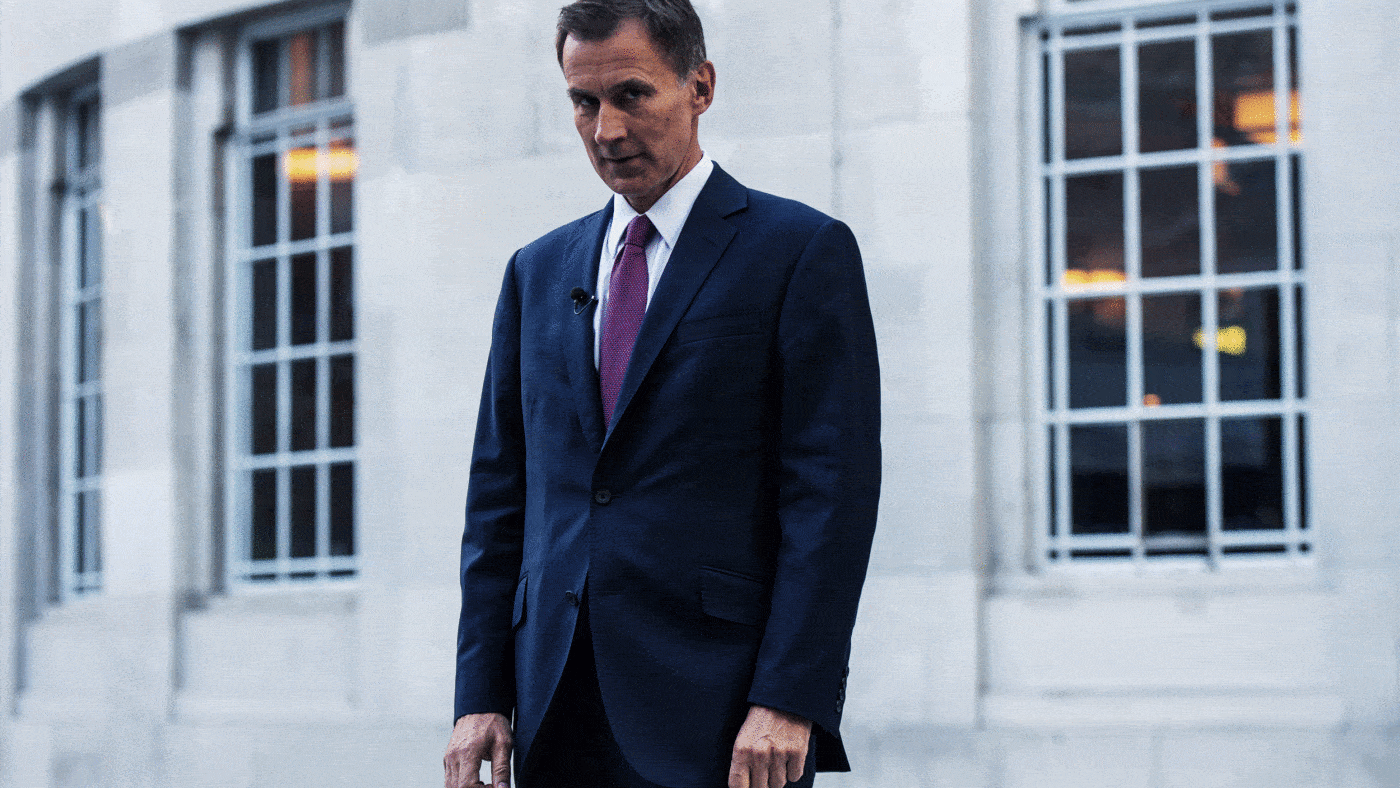Whenever politicians are casting around for taxes to increase, one hoary old chestnut is inevitably resurrected – to increase capital gains tax (CGT) rates to income tax rates. Sure as night follows day this misconceived and ill-informed idea has been floated as a potential component of the upcoming budget.
Such a move would be incredibly damaging to the economy as it would slow the movement of capital to more productive uses. This is known as the ‘lock-in’ effect, where taxpayers delay or avoid selling assets in order to avoid the tax hit. CGT is effectively a voluntary tax because most people don’t need to sell assets at a particular time. Unsurprisingly they tend to wait until rates are lower.
The natural result is that when rates are increased the quantity of revenue raised decreases, somewhat obviating the point of raising the rate. Conversely, international evidence shows that when CGT rates are cut revenue raised from the tax goes up, sometimes dramatically. For example, when the CGT rate in Ireland was halved the amount raised nearly doubled.
Another pernicious effect of raising CGT rates is to disincentivise investment. As President Kennedy said, ‘the tax on capital gains directly affects investment decisions, the mobility and flow of risk capital… the ease or difficulty experienced by new ventures in obtaining capital, and thereby the strength and potential for growth in the economy’. The negative impact is greatest on higher risk investments, such as venture capital.
Politicians are keen to propagate the fiction that CGT is only paid by ‘the rich’. As Milton Friedman said, ‘Congress can raise taxes because it can persuade a sizable fraction of the populace that somebody else will pay’. This is of course also the reason why our politicians increased corporation tax despite the deep economic damage that will follow. Most people wrongly think it doesn’t affect them, although the main negative impact falls on workers through lower pay and fewer jobs.
It’s not just ‘the rich’ who pay CGT. In reality a wide cross section of the population pays CGT at some stage in their lives. It could be the owner of a small business selling up, a widow liquidating her husband’s investments after his death, a shopkeeper selling his shop on retirement, or someone selling their buy-to-let because they need the cash. These are unique events that make the taxpayer appear rich for the year in which the realisation occurs.
Of course today many apparent gains are not gains in real terms at all but are as a result of inflation. Given our current inflation rate of 10%, if an asset was bought for £100,000 and sold two years later the sale price would have to be at least £121,000 to avoid a loss being made. So the state would tax this entirely illusory ‘gain’, which only occurred because it failed to keep inflation under control. That’s just confiscation.
The truth is that capital gains and income are quite different in nature. There is no similarity between last month’s income and the gain on an investment held for 30 years. Of course if a gain is pre-ordained or certain in nature then it is actually income and should be taxed as such. But except in very few cases capital gains are neither pre-ordained nor certain. They involve risk having been taken through an investment. There is in fact no good intellectual basis for CGT, beyond the state saying ‘these people have got some money let’s take some of it’.
The overwhelmingly most important argument against CGT increases is that they harm the economy and its prospects for growth – which are already all too tenuous. Capital gains taxes impede the flow of capital from less profitable investments to ones with higher rates of return, thus limiting the growth of newer more profitable businesses. By making capital investments more expensive, capital gains taxes ensure that less investment occurs. This is not a good time to be increasing the cost of capital for British businesses. The direct result would be lower productivity and reduced living standards for all.
Click here to subscribe to our daily briefing – the best pieces from CapX and across the web.
CapX depends on the generosity of its readers. If you value what we do, please consider making a donation.


